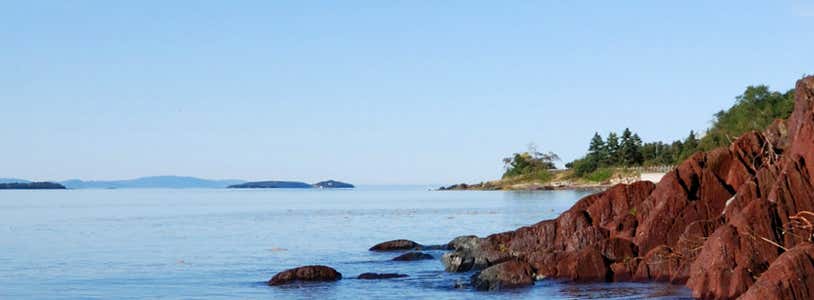- CA
- Quebec
- Overview
- Essential Info
- Hotels
- Things To Do

Quebec Essential Info
Overview
Quebec (pronounced /kwᵻˈbɛk/ or /kəˈbɛk/; French: Québec [kebɛk]) is the second-most populous province of Canada and the only one to have a predominantly French-speaking population, with French as the sole provincial official language.
Quebec is Canada's largest province by area and its second-largest administrative division; only the territory of Nunavut is larger. It is bordered to the west by the province of Ontario, James Bay, and Hudson Bay; to the north by Hudson Strait and Ungava Bay; to the east by the Gulf of Saint Lawrence and the province of Newfoundland and Labrador; and to the south by the province of New Brunswick and the US states of Maine, New Hampshire, Vermont, and New York. It also shares maritime borders with Nunavut, Prince Edward Island, and Nova Scotia.
Quebec is Canada's second-most populous province, after Ontario. Most inhabitants live in urban areas near the Saint Lawrence River between Montreal and Quebec City, the capital. Approximately half of Quebec residents live in the Greater Montreal Area, including the Island of Montreal. English-speaking communities and English-language institutions are concentrated in the west of the island of Montreal but are also significantly present in the Outaouais, Eastern Townships, and Gaspé regions. The Nord-du-Québec region, occupying the northern half of the province, is sparsely populated and inhabited primarily by Aboriginal peoples. The climate around the major cities is four-season continental with cold and snowy winters combined with warm to hot humid summers, but further north long winter seasons dominate and as a result the northern areas of the province are marked by tundra conditions. Even in central Quebec at comparatively southerly latitudes winters are severe in inland areas.
Quebec independence debates have played a large role in the politics of the province. Parti Québécois governments held referendums on sovereignty in 1980 and 1995; both were voted down by voters, the latter defeated by a very narrow margin. In 2006, the House of Commons of Canada passed a symbolic motion recognizing the "Québécois as a nation within a united Canada."
While the province's substantial natural resources have long been the mainstay of its economy, sectors of the knowledge economy such as aerospace, information and communication technologies, biotechnology, and the pharmaceutical industry also play leading roles. These many industries have all contributed to helping Quebec become an economically influential province within Canada, second only to Ontario in economic output.
Basics
Best Time To Go
May-Jun, Sep-Oct
Current Weather
Mostly Cloudy
Keep exploring with the Roadtrippers mobile apps.
Anything you plan or save automagically syncs with the apps, ready for you to hit the road!
Connect with us and hit up #roadtrippers
Tall tales, trip guides, & the world's weird & wonderful.